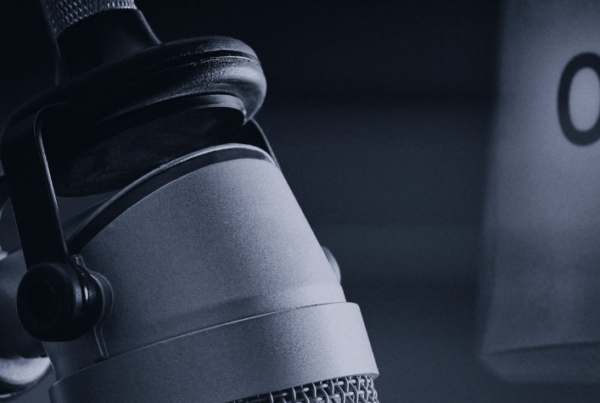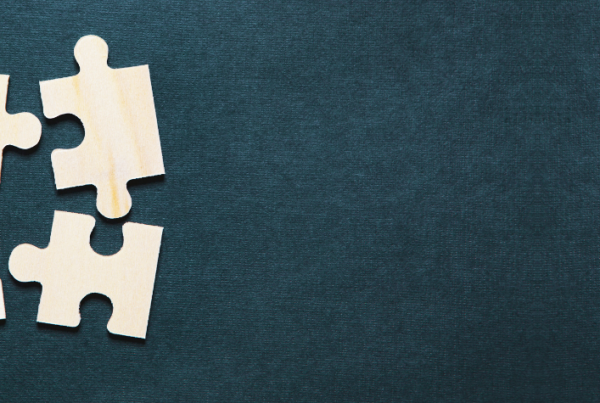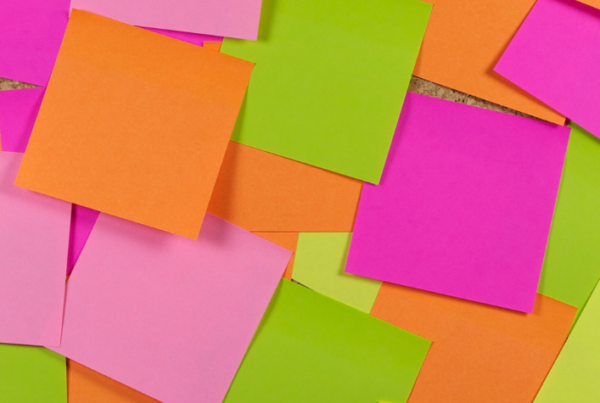Written by Kristi P. and Laurie L.
Recently, during a family discussion about climate change, I noticed a stricken look on my teenage daughter’s face. She told me she felt like she might have a panic attack. She’s not alone, climate change is negatively affecting young people, worsened by social media. I share these feelings, which led me to get involved with the climate movement. I’m grateful for the small group of like-minded people who formed 350 Sacramento in 2010, and who have grown this movement to be the regional force it is today, but after 12 years of activism, I feel frustrated that we are no closer to stabilizing the climate than we were over a decade ago. I can slip into overwhelm when I lose hope that we can or even have the will to help ourselves. While I believe we need less hoping and more action, for me hopelessness causes inaction. This fear of perpetual hopelessness led me to research hope and climate change, and I learned that hope can be quantitatively measured and that taking action can help increase hope. Your style of action may be different from mine; mine includes writing about climate change, making personal lifestyle changes, and sharing examples of positive change on a global, national, or local scale. Though hopelessness sometimes makes me want to hide, heatwaves, drought, and fires bring me right back to reality—and that’s just in Sacramento. I can’t unsee the devastation that we have created, that is accelerating each year, that we are handing to our children. When I get out of my head and into my heart, I can’t help but act…I must act, and I must talk about feelings around climate change because being in a community with others rather than processing alone helps me feel less isolated.
I am angry: at myself for participating in a system that prioritizes profit over the planet and people, at previous generations for creating a fossil-fuel dependent society, at my generation for not stopping it when we realized what was occurring, and at the extreme injustice of climate change; that the most vulnerable people, who contribute the least to climate change, are suffering the most. The IPCC’s Sixth Assessment Report predicts with very high confidence that in North America impacts are particularly apparent for Indigenous peoples. I’m angry at our elected officials for either refusing to or being unable to do the right thing. And I also know that anger is a protective emotion that shields my more tender feelings.
I feel shame that I have not done enough, that I have failed my children. I can’t look my children in the face and tell them we will fix this for them, because I know that’s not true. I would ask for forgiveness, but as Archbishop Desmond Tutu so beautifully described, forgiveness requires that the perpetrator stop the harmful behavior, and I know that we adults haven’t stopped harming future generations. How will they remember us, will they ever be able to forgive us? At best, we will make the future less bad for them, and that’s if we change everything very quickly. Shame is a tricky emotion, as shame researcher Brene Brown revealed, and living in shame ensures inertia. I have been an activist for over a decade, but I know I could have done more. In the past 10 years, I was focused on family, marriage, finances, and career. I sought the comforts of suburban life, the diversion of television, movies, and so many books. Perhaps it was just easier to do this than to face the crushing reality of climate change. Perhaps it was just too much to simultaneously raise children who are resilient, strong, and values-driven, and face the reality that their future will be worse than my present. I got a lot right; by teaching them to be strong I prepared them for a future where they will need more strength than I can imagine. While that is an accomplishment, it seems minute compared to the wrongs we have collectively inflicted on them. So it’s time that I show them that they are not alone, that they do not have to face this by themselves, and their mother will be at the forefront, with her allies, doing the hard things that need doing. I’m working on self-forgiveness and forgiveness of others for what we have done, and doing this hard work feels like making amends.
I feel deep grief; for my children and all of humanity, future generations, animals, oceans, and trees. We have failed them all, and I’m heartbroken. Anyone who has lost a loved one knows grief. Some have experienced the agonizing progression of degenerative illness such as Alzheimer’s, and the pain of losing the cherished parts of someone while they are still alive. Climate change grief reminds me of this. The Earth will survive us, but we must witness the slow but accelerating losses of life; the 22 species of birds, mussels, and fish that went extinct in 2021 alone, the 36 million trees that US cities lose every year, the 10 countries that may disappear beneath the ocean’s surface. This is not ordinary grief; this is the loss of everything we love, a terrible inheritance for our descendants, and perhaps no future at all. Will humans survive at all? That depends on us.
I wouldn’t feel such depth of hard feelings if there weren’t so much love; for my children, family, friends, neighbors, and communities; for the earth and its animals, particularly those here in Sacramento along the American River Parkway: the deer, coyote, jackrabbits, and wild turkeys; the bees, butterflies, and ladybugs. As a child, I spent hours in the branches of the towering maple tree in my Pennsylvania yard, ate raw corn picked right from the stalk on my friend’s farm in Michigan and played music on a single blade of grass. The potential loss of these simple pleasures for future generations is unthinkable. It’s the loving that hurts most because the loss of all that is loved is what’s at stake.
One may accuse me of trauma dumping or trying to offload my negative feelings to make myself feel better. Maybe that’s what I’m doing, but climate change is traumatizing, and we are all experiencing it. If you are struggling with these feelings, maybe this helps normalize it for you, helps you feel less alone. This is hard, but what’s the alternative? Climate chaos is not a reality I want to consider, but it is the reality we are headed for if we don’t take immediate, bold, aggressive, and truly courageous action on climate change. So, what does that action look like? What can one person do right now? How do I both care for myself and my family while doing all I can to help future generations have a chance at life?
According to Project Drawdown, the top contributors of greenhouse gas emissions by sector are electricity, food/agriculture/land use, industry, transport, and buildings. Energy, buildings, and transportation get a lot of attention when we talk about climate action, as they should. Food, agriculture, and land use are among the biggest contributors to climate change, yet are rarely a top focus. Eating is an emotional topic, changing our diet is hard, and in the United States we’ve been conditioned from an early age to eat foods that aren’t necessarily good for us or the planet. Changing our diet is a positive action we can start today. We can reduce or eliminate our intake of animal products, grow food in our yards and community gardens, shop at local farmers’ markets, and support stores that purchase local produce. We can advocate for communities where food deserts and food swamps exist, to bring fresh local produce to these areas. If we live in a community without healthy foods, we can get loud and demand access to nutritious, local, seasonal, and minimally packaged or processed foods. We can write to our elected officials and ask them to make change: to stop subsidizing foods that make people and the planet sick, and start subsidizing nutritionally dense vegetables such as dark leafy greens. Imagine finding kale or collard greens on the ingredient list of processed foods instead of high fructose corn syrup or maltodextrin. We can resist and protest unhealthy food chains and products. By taking these actions, we become stronger, healthier, and can build local community power and resilience.
I love food, and I love the intersection between climate action, health, community, and culture. Food is at the heart of our celebrations, our ceremonies, and our connections as humans. When we grieve, we come together around comforting foods. No wedding, birthday, or holiday would be complete without celebratory foods. Food heals our aching hearts and soothes our grieving souls. Food is medicine; alkalizing foods may prevent many modern illnesses, including cancer, anxiety, and autoimmune disorders. Community meals build joy and bind us together in shared customs. We are our solutions, we have the power to make these drastic changes, and we live in one of the most productive growing areas in the nation. In June of 2020, the Mayor’s Commission on Climate Change set a goal of sourcing 25% of food locally within a 200-mile radius by 2030, and 40% by 2045. Of all the goals (some of which are costly and require government implementation), this is one we could achieve as a community, and perhaps even exceed the goal. Can we do it, Sacramento? And in doing so, perhaps truly become the nation’s Farm to Fork Capital? I have hope that we can!
“The act of eating is very political. You buy from the right people, you support the right network of farmers and suppliers who care about the land and what they put in the food.”
Alice Waters, founder of The Edible Schoolyard and Chez Panisse
Written by Kristi P. and Laurie L.





